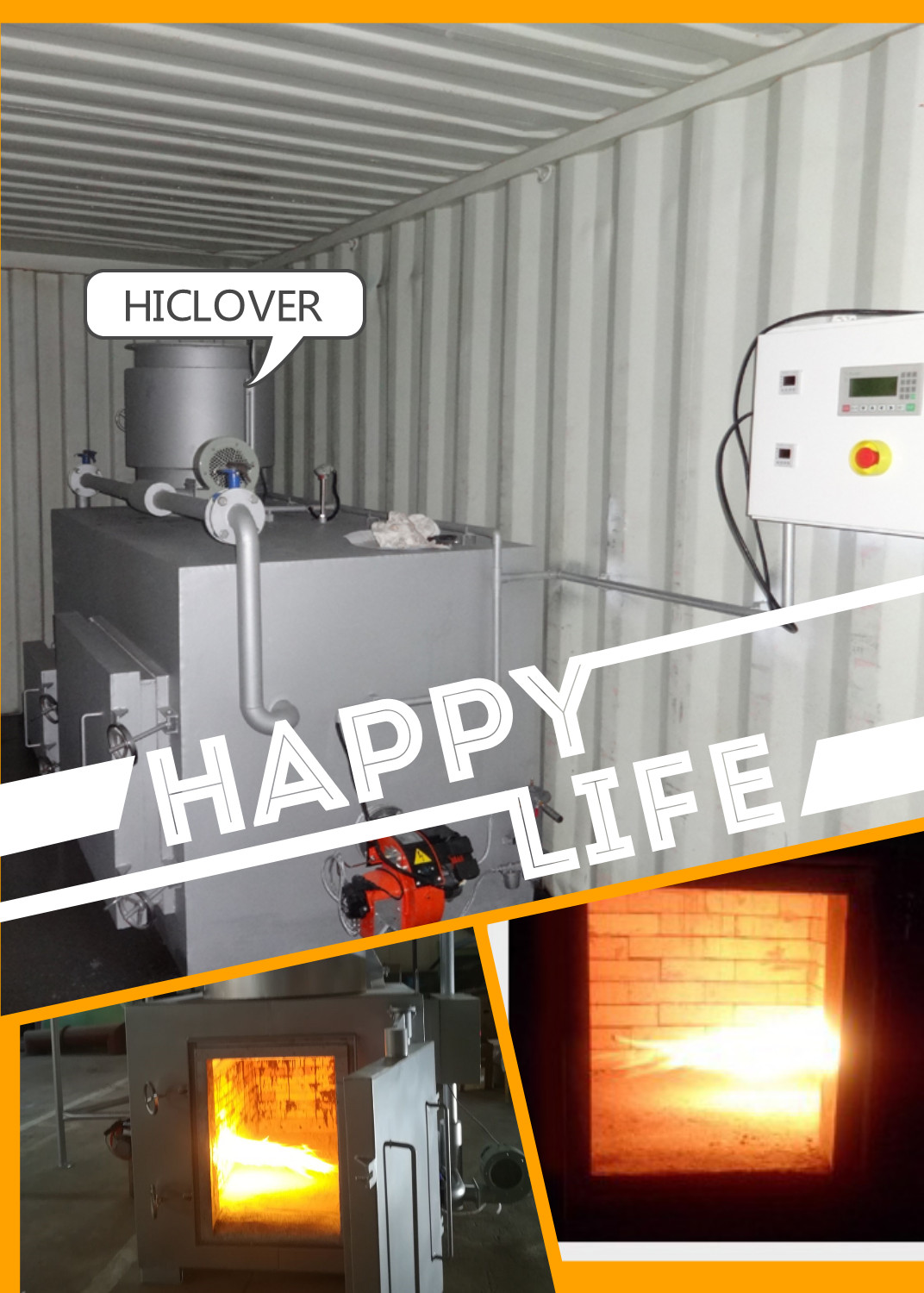Effective hospital waste management is crucial for the safety of patients, healthcare providers, and the environment. Hospitals generate a substantial amount of waste, including hazardous and infectious materials, which require specialized management strategies to ensure proper disposal and minimize any potential health and environmental risks. Implementing effective hospital waste management strategies requires a comprehensive approach that involves careful planning, coordination, and ongoing monitoring. Here are expert tips for hospitals to implement effective waste management strategies:
1. Conduct a Waste Stream Audit: Hospitals should start by conducting a waste stream audit to understand the types and quantities of waste generated. This can help identify opportunities for waste reduction, recycling, and proper disposal. By understanding the waste stream, hospitals can develop tailored waste management plans to address specific waste streams, such as pharmaceutical waste, hazardous waste, and medical equipment waste.
2. Train Staff on Proper Waste Handling: Proper training of hospital staff is essential for effective waste management. All healthcare providers, including doctors, nurses, and support staff, should receive training on the correct segregation, handling, and disposal of different types of waste. This can help minimize contamination and ensure that hazardous waste is properly identified and managed to prevent harm to patients and staff.
3. Implement Segregation of Waste: Proper segregation of waste at the source is critical for effective waste management. Hospitals should have designated bins for different types of waste, such as infectious waste, hazardous waste, recyclable materials, and general waste. Clear signage and color-coded bins can help staff and patients to correctly dispose of waste, reducing the risk of cross-contamination and ensuring proper disposal.
4. Utilize Safe Disposal Methods: Hospitals should work with certified waste management companies to ensure the safe and compliant disposal of hazardous and infectious waste. Proper handling and disposal of medical waste, such as sharps, blood products, and pharmaceutical waste, are essential to protect public health and the environment. These companies can provide specialized containers, transportation, and treatment services for different types of medical waste.
5. Embrace Sustainable Practices: Hospitals should integrate sustainability into their waste management strategies by prioritizing waste reduction and recycling. This can include implementing reusable medical devices, reducing unnecessary packaging, and recycling materials like paper, plastics, and metals. Sustainable practices not only minimize environmental impact but can also reduce waste disposal costs for hospitals.
6. Monitor and Evaluate Waste Management Performance: Continuous monitoring and evaluation are essential to ensure the effectiveness of waste management strategies. Hospitals should track waste generation rates, waste segregation compliance, and disposal practices to identify areas for improvement. Regular audits and reviews of waste management processes can help hospitals identify opportunities for optimization and compliance with regulations.
7. Collaborate with Stakeholders: Effective waste management in hospitals requires collaboration with various stakeholders, including staff, waste management companies, regulatory authorities, and the local community. Collaborative efforts can help hospitals stay informed about best practices, regulatory changes, and emerging technologies for waste management, ultimately contributing to improved patient and environmental safety.
In conclusion, implementing effective hospital waste management strategies requires a holistic approach that involves proper training, waste segregation, safe disposal methods, sustainable practices, and ongoing monitoring. By following these expert tips, hospitals can mitigate potential risks associated with medical waste and contribute to a safer and more sustainable healthcare environment. Prioritizing proper waste management not only protects the health and safety of patients and staff but also minimizes the environmental impact of healthcare operations.



